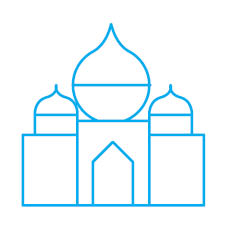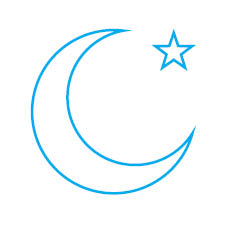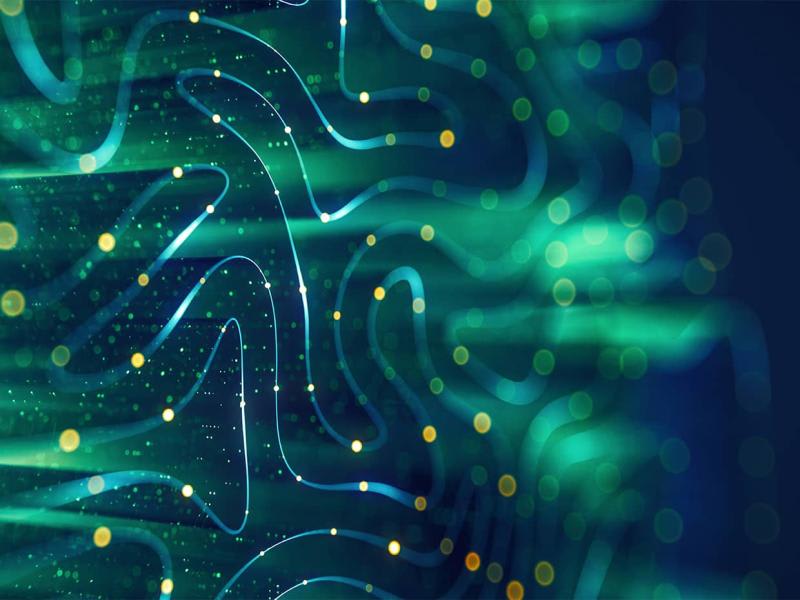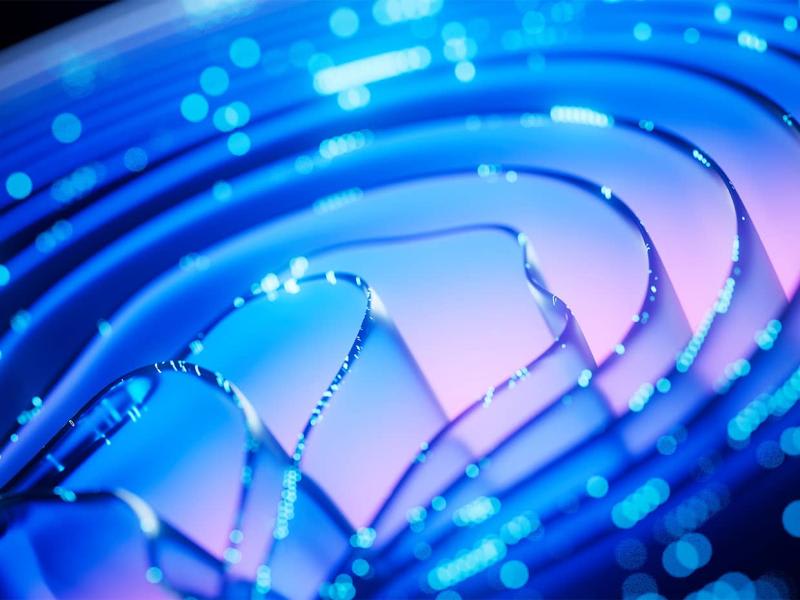Key Contacts


At RSM Australia, we embrace diversity for its many definitions, and value all cultures and their traditions.
As part of our ongoing religious and cultural appreciation series, Mohammad Farahmand from our Assurance & Advisory division and Mehnaz Huq from Risk Advisory were kind enough to tell us about their religion, highlighting the significance of Ramadan, the most important month in the Islamic calendar and sharing some of their insights into this important observance.
What is Ramadan?
During Ramadan, Muslims observe a strict daily fast from dawn until dusk, which involves refraining not only from food and drink but also from immoral behaviour and anger, to spread the spirit of kindness. They begin their fast with a pre-dawn meal called "Sehri" and break it at sunset with a meal called "Iftar." Additionally, acts of worship such as prayer, reading the Quran, and giving to charity are highly encouraged during this holy month.
Importance of Ramadan
The purpose of fasting during Ramadan is to remind Muslims of the struggles faced by those less fortunate and to emphasize the importance of gratitude. As one of the five pillars of Islam, fasting during Ramadan is mandatory for all healthy adult Muslims. This holy month teaches us the values of self-discipline, self-control, and sacrifice, enabling us to empathise with the less fortunate while also promoting generosity and charitable acts.
How is the date of Ramadan determined?
Ramadan is the ninth month in the Islamic lunar calendar. The start of Ramadan fluctuates each year because the lunar Islamic calendar follows the phases of the moon.
End of Ramadan Celebration - Eid-ul-Fitr
Following the end of Ramadan, Muslims have a three-day celebration called Eid ul-Fitr, which means "festival” or Feast" in Arabic. We celebrate the “festival of the breaking of the fast," by gathering with loved ones to share meals, exchange gifts, and express gratitude to Allah (God) following the month of reflection and self-restraint during Ramadan. The celebration serves as a great reminder for us to be grateful for what we have, and to share with those who may be less fortunate. We greet and wish each other ‘Eid Mubarak’, which means “Have a blessed day during Eid”.
Some fun facts about Ramadan
- Since Ramadan is based on the lunar calendar rather than the Gregorian calendar, Ramadan starts 11–12 days earlier each year than it did the previous year. It takes approximately 33 Islamic years for Ramadan to return to the same spot on the Gregorian calendar.
- We spend twice as long cooking and twice as much eating during Ramadan than we usually do during the rest of the year.
- While Ramadan means a month of fasting, there is an increase in health issues like diabetes and weight-gain due to overeating once the sun goes down!
- In 2016, Japanese scientist Yoshinori Ohsumi won the Nobel prize in Physiology and Medicine for his research of autophagy in yeast. The study found that short periods of fasting have a positive impact on cell renewal and help slow down the aging process (correct, keeps you young!).




